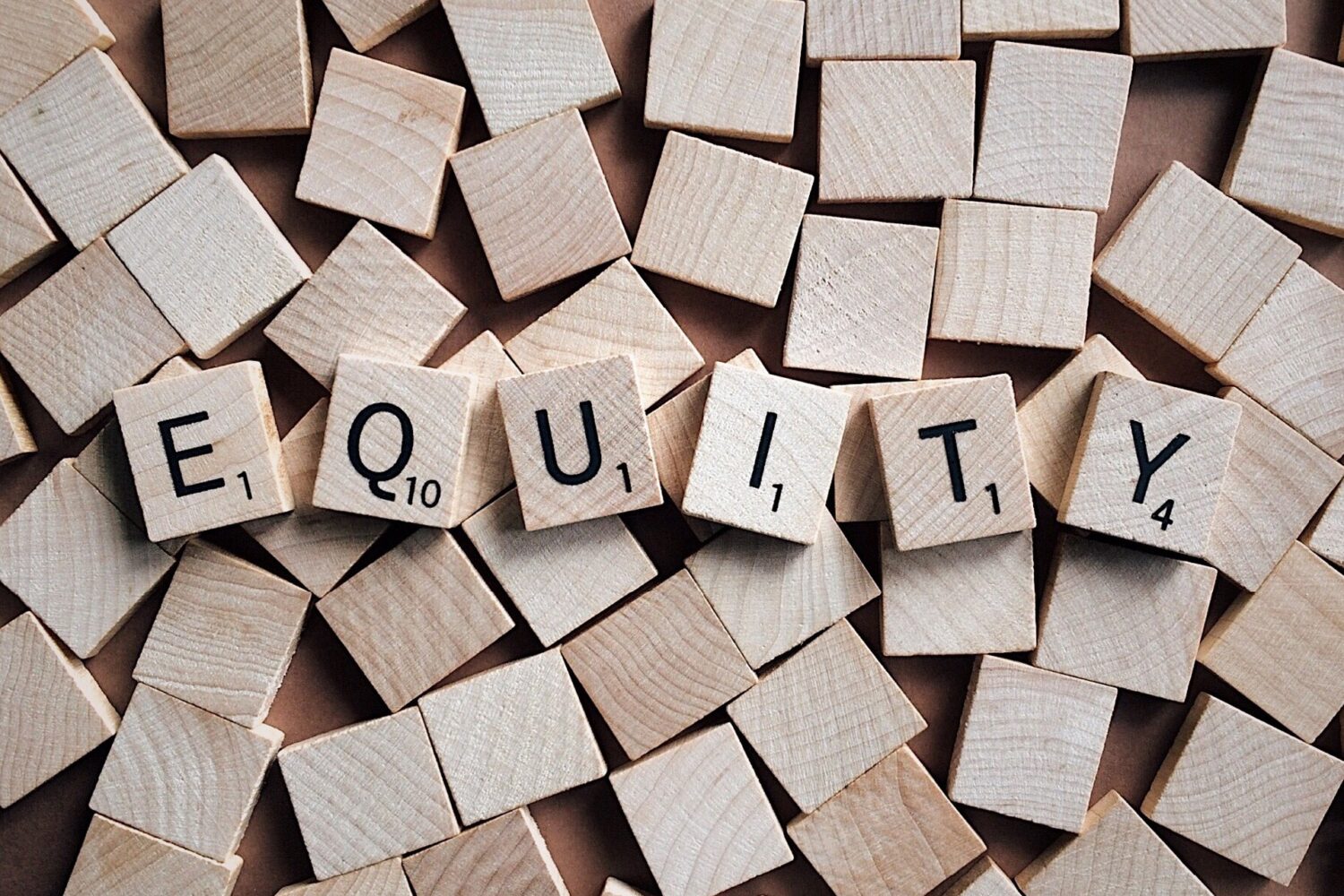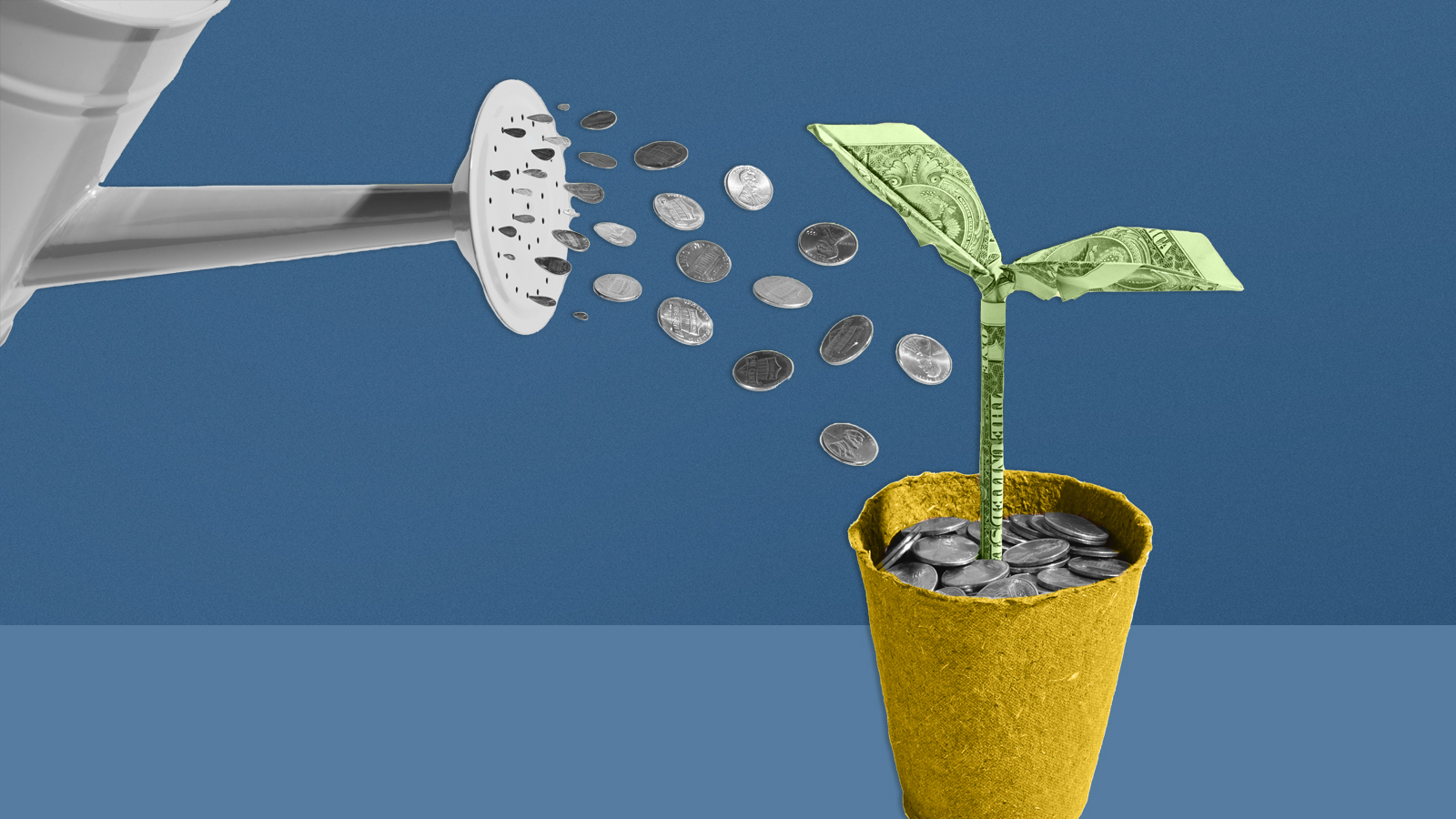The Short Answer: It depends. If you ask your accountant, then stocks are not capital assets that would sit on the balance sheet. This is because they do not help the business generate revenue. However, according to the Internal Revenue Service (IRS) everything you own for personal and investment purposes is a capital asset including your home, household furnishing, or stocks and bonds held as investments.
So how do we understand on whether stocks are capital assets? We need to understand the context of what we are referring too.
What Are Capital Assets? According to Accountants.
Assets used by a business to provide income over an extended period of time are called capital assets. Capital assets include things like structures, machinery, gear, and vehicles. Given that they are not intended for sale but rather for use in the business’ operations, these assets are regarded as long-term assets.
Fixed assets, property, plant, and equipment (PP&E), or physical assets are other examples of capital assets. These assets are typically listed on a company’s balance sheet and are depreciated over the course of the assets useful life. The practice of spreading out a capital asset’s cost over the course of its useful life is called depreciation. It can be calculated either through straight-line or an accelerated method.
For large and small businesses, capital assets are an important part of its ordinary course of business. This is because the assets produce income and help in corporate expansion. For instance, a manufacturing business would employ machines to create products. Whereas a transportation business might use trucks to move products. The ability of a firm to make money is significantly influenced by its capital assets.
Real estate or real property may also be considered a capital asset. As long as it is not your primary residence, but rather an investment property, you may be able to consider it a capital asset and use depreciation to reduce your taxable income. The tax law is complex and there are many special rules. It is wise to seek advice from a tax law professional for additional information. This will help you can make informed decisions before acquiring capital assets.

What Are Capital Assets? According to the Internal Revenue Services (IRS).
According to Section 1221 of the Internal Revenue Code, Capital Assets are defined as “property held by the taxpayer, whether or not it is connected with the taxpayer’s trade or business. However, property used in a taxpayer’s trade or business and of a character that is subject to the allowance for depreciation provided in ‘ 167 is not a capital asset.”
Furthermore, IRS’s Topic No. 409, Capital Gains and Losses, states “Almost everything you own and use for personal or investment purposes is a capital asset. Examples include a home, personal-use items like household furnishings, and stocks or bonds held as investments.”

What are you looking to accomplish?
Since there are different experts who may or may not define stocks as a capital assets, you need to know what you are trying to determine and why you want to know. If you are trying to figure out if stocks are capital assets for capital gain tax purposes, then according to the IRS, stocks are capital assets. If so, then stocks are associated to specific tax rules depending on your holding period. Your holding period is dependent on when you acquired the stock and when you sold it. We discuss taxes with capital assets in the next section.
If you are trying to decide if stocks are capital assets for accounting purposes, then according to your accountant, stocks are most likely not capital assets. Instead, investment property, rental property, equipment, or machinery could be consider capital assets. In this case, these assets would be able to receive depreciation deductions in a given tax year on your federal income tax report.
Taxes associated with Short-Term and Long-Term Capital Gains
When you end up selling your capital asset, you are required to pay taxes if you had a capital gain. However, the tax rate associated with a gain depends on how long you held the asset. If you held the asset for one year or less, then your gain would be considered short-term. Whereas if you held the asset for more than one year, then your gain would be consider long-term. You have a taxable capital gain if you sell the asset for more than your adjusted basis. Your adjusted basis is essentially how much the asset costs when you acquired it.
Short-term capital gains impact your taxable income and are subject to ordinary income tax rates. Below I’ve listed the ordinary income tax rates by filing type.

Source: Internal Revenue Service
Long-term capital gains are subject to Capital Gain Taxes. Below I’ve listed the capital gains tax rates.

Source: Internal Revenue Service
Worth noting, the US Federal Government uses a progressive tax system for ordinary income taxes. This means that as your ordinary income increases, so does your tax rate. So for example, if you are a single filer who earned $50,000 in ordinary income in 2023 you will be taxed as follows: 10% on the first $11,000, 12% on the next $33,725 (difference between $11,000 and $44,725), and 22% on the final $5,275. Thus, your total tax due would be $6,307 (excluding tax deductions and tax credits), and your effective tax rate would be 12.62% ($6,307 divided by $50,000).
Separately, your long-term capital gains will not push you into a higher ordinary income bracket. This is because ordinary income is calculated separately. That said, your short-term capital gains will count towards your ordinary income.
Schedule D – Capital Gains and Losses
When you file your federal income tax return, you will fill out Schedule D if you have capital gains or losses to report. These tax forms will list all of your short-term gains and long-term gains in order to determine your net capital gain for the tax year. In order to correctly understand the tax implications of net gains, you should consult your tax accountant, or use tax software such as Intuit’s Turbo Tax.
Source: Internal Revenue Service
How to deal with Capital Losses?
During the sale of a capital asset, if you sold the property for less than the cost of acquisition, you would not have a taxable gain, but rather, a taxable loss. If your capital losses exceed your capital gains, then the amount of the loss that you can claim is the lesser of $3,000 or what is shown on line 16 of Schedule D. If, however, your capital loss is more than the limit, you can carry the loss forward to future years.
The implications of Capital Assets for investors
Overall, investors must consider the ramifications of the question of whether stocks qualify as capital assets. Investors often search to purchase tangible assets if an they are interested in making a capital asset investment. Examples include buildings, machinery, and equipment. Essentially assets that would complement its business to increase sales or efficiency. However, if an investor wanted to make an investment in stocks, they would look for investments that have the potential for stock appreciation given the company’s long-term revenue growth or earnings growth. Bottom line for investors, the question of whether stocks are capital assets has different tax consequences that will impact their investment strategy.
I hope you have enjoyed this article. Want to learn more about how to invest and gain financial freedom? Check out some of my favorite blog posts below.
- How Often Should You Invest In Stocks For Beginners
- Passive Income 101: The Basics + Strategies To Unlock Financial Independence
- How To Build Long Term Wealth
- 11 Powerful Ways On How To Fight Inflation Today
Live well,
Blue


















One response to “Are Stocks Capital Assets? What Facts To Know”
Thank you for sharing! 😊